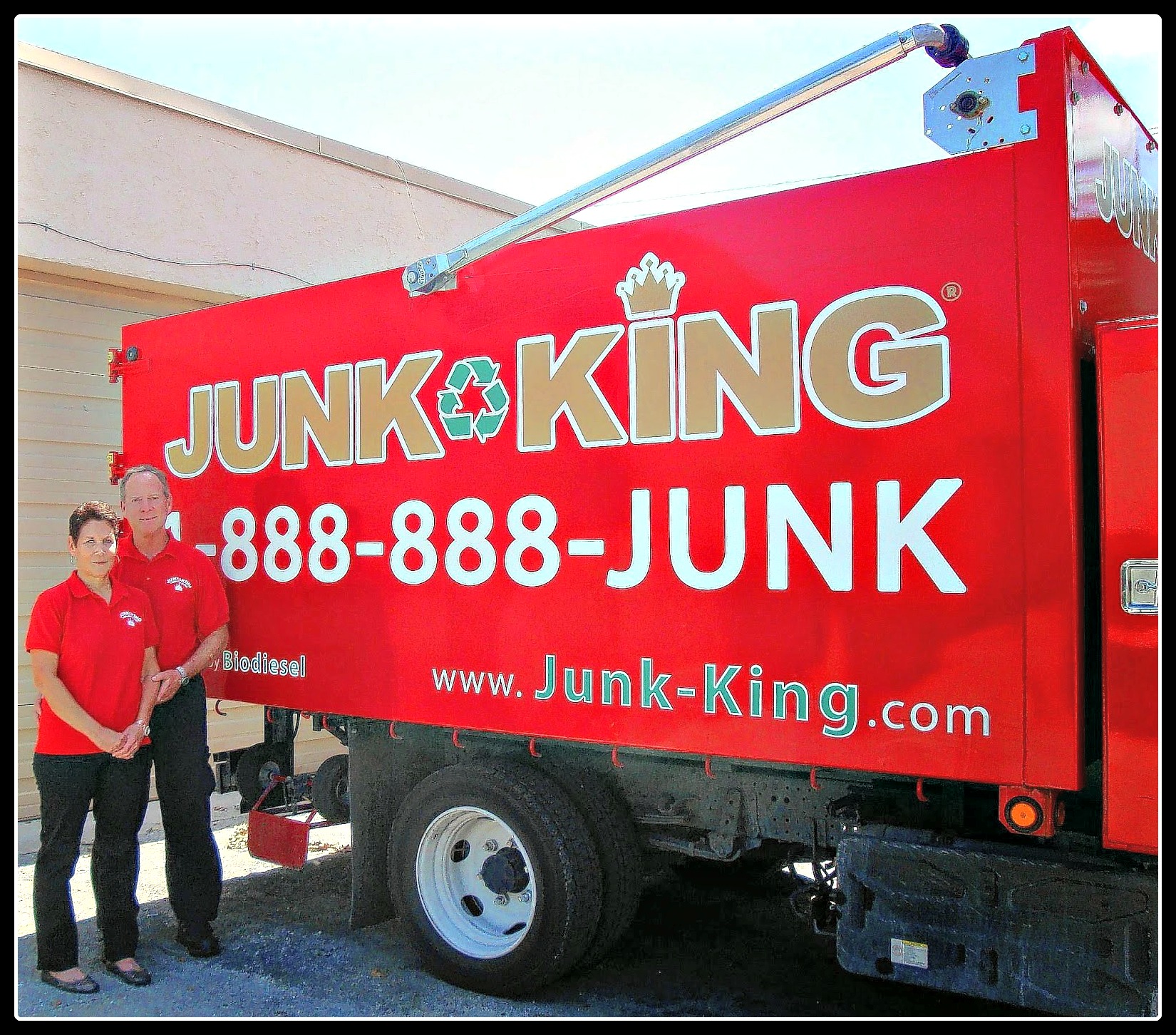The Growth Of Dumpster Rental Services: Historic Summary, Existing Landscape, And Future Instructions
The Growth Of Dumpster Rental Services: Historic Summary, Existing Landscape, And Future Instructions
Blog Article
Content Created By-Straarup Lucas
As you contemplate the development of dumpster leasing, consider just how each period has added to shaping the waste management landscape we navigate today. From humble starts in the 1930s to the innovative technologies of the present, the journey of dumpster service has actually been noted by development and adaptation. Yet what lies on the perspective for this necessary service? The future fads in sustainable methods hold the secret to unlocking a more effective and eco-conscious strategy to lose monitoring. Stay tuned to find just how the dumpster leasing industry is poised to welcome a greener tomorrow.
Historical Origins of Dumpster Rental
Explore the origins of dumpster leasing and how it has actually shaped waste management practices over time.
Dumpster rental traces back to the 1930s when George Roby Dempster, a Tennessee entrepreneur, designed the Dempster-Dumpster. This critical production changed waste disposal by supplying an assigned container for gathering and transporting garbage efficiently. At first used for construction sites, the concept swiftly increased to residential and business settings, bring about the establishment of the very first dumpster rental solutions in the 1960s.
Throughout the years, dumpster rental has dramatically influenced waste monitoring practices by advertising benefit, sustainability, and organization. The ability to centralize waste in committed containers enhances collection processes, lowers littering, and boosts reusing efforts. Furthermore, dumpster service motivates individuals and businesses to adopt responsible garbage disposal behaviors, contributing to cleaner environments and minimized ecological influence.
Modern Innovations in Waste Monitoring
Integrating sophisticated modern technologies and sustainable practices has changed waste administration over the last few years, enhancing performance and environmental impact. One significant technology is making use of smart waste management systems that use sensors to keep an eye on waste degrees in real-time, optimizing collection paths and schedules. trash roll off help reduce unneeded pick-ups, decreasing gas consumption and emissions.
Another modern-day improvement is the application of waste-to-energy facilities, where non-recyclable waste is converted into power through procedures like incineration or anaerobic food digestion. This not just decreases the quantity of waste destined for landfills but also generates renewable energy.
In addition, the introduction of single-stream recycling has actually streamlined the reusing procedure for consumers, resulting in higher participation prices and improved diversion from landfills. In addition, improvements in composting technologies have actually made natural waste administration a lot more reliable, transforming food scraps and lawn waste into valuable garden compost for agricultural usage.
Anticipated Trends in Lasting Practices
Sustainable waste management practices are evolving quickly to satisfy the raising needs for ecological responsibility and source effectiveness. As you want to the future, several vital fads are expected to form the industry. https://carpet-cleaners09870.targetblogs.com/29889915/achieving-a-pristine-home-the-transformative-power-of-scrap-elimination-services will be on reducing waste generation with better product style and product packaging. Firms will significantly adopt circular economy concepts, aiming to lessen waste and take full advantage of the lifespan of products.
Another trend to watch for is the increase of sophisticated recycling technologies. Advancements in chemical recycling and pyrolysis are anticipated to use brand-new remedies for dealing with complex or infected waste streams that traditional recycling approaches battle to process efficiently. These innovations have the prospective to change just how we take care of waste, turning difficult-to-recycle materials into important sources.
Furthermore, expect to see a greater focus on organic waste diversion. Composting Click In this article and anaerobic digestion facilities will certainly become more widespread as communities strive to lower the quantity of organic matter sent to garbage dumps. By buying these sustainable methods, we can move towards an extra round and resource-efficient waste administration system.
Final thought
To conclude, dumpster leasing has come a long way given that its creation in the 1930s. From its humble starts on building and construction sites to its extensive usage in property and business settings, the industry has continuously developed to satisfy the altering demands of waste monitoring.
With the introduction of modern-day advancements and a focus on lasting practices, the future of dumpster leasing looks appealing, with a strong emphasis on efficiency, environmental obligation, and innovation.
